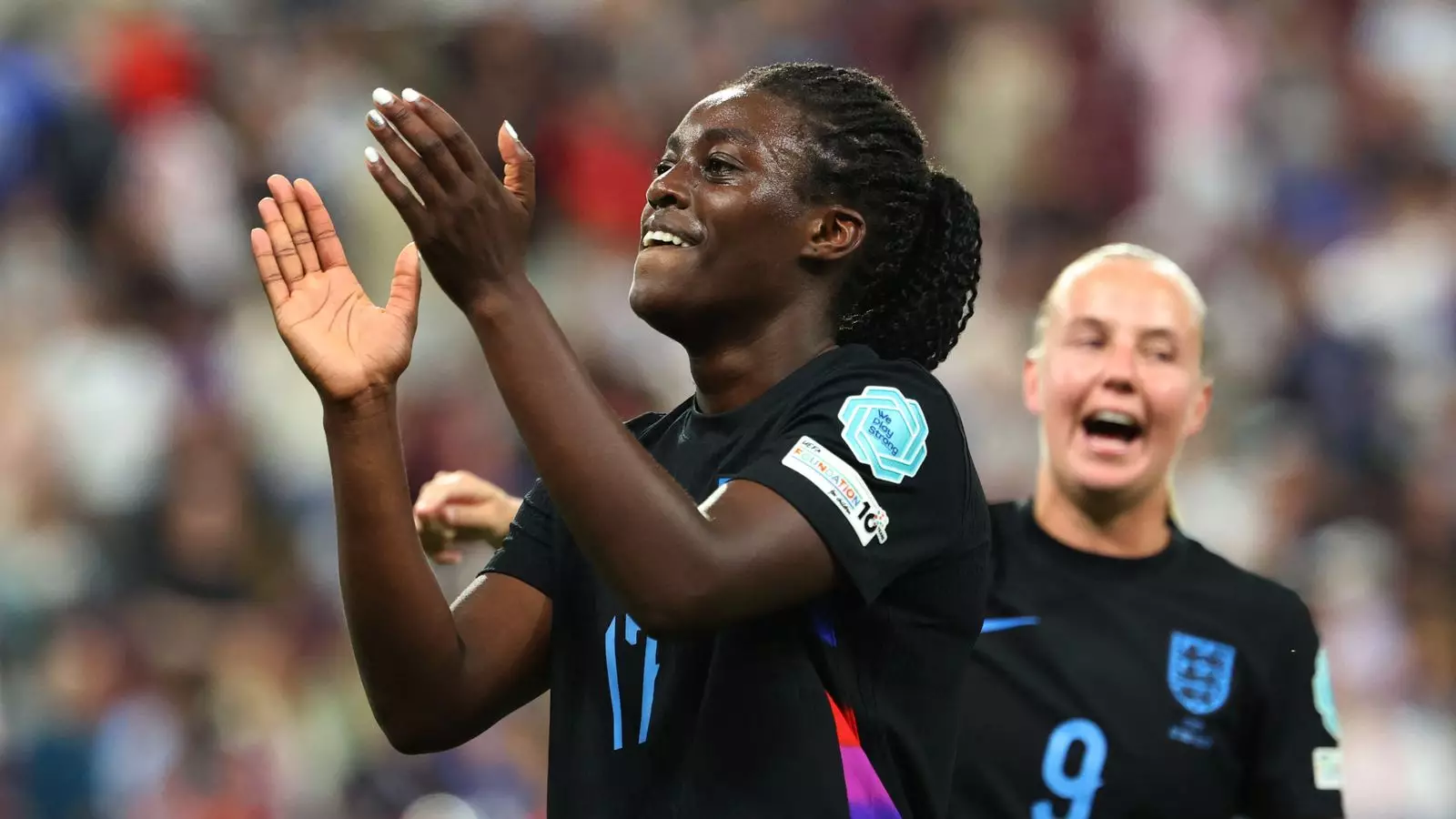What once seemed like a future promise now stands as a testament to perseverance: women’s football has transcended its long-standing underdog status to become a formidable force on the international stage. The once-doubted Lionesses, who historically were outsiders in the football hierarchy, have carved a path marked by resilience and grit. Their repeated presence in finals, especially against perennial giants like Spain, underscores an uncomfortable truth for traditional football powerhouses: the landscape of the sport is shifting dramatically. No longer a game solely defined by men’s achievements, women’s football now demands recognition for its growing influence and cultural significance.
This evolution is not merely about trophies or medals; it’s a reflection of societal progress. The fact that England’s squad, once regarded as underachievers, now routinely contests finals speaks volumes about the tremendous strides made in gender equality and sport investment. The shift from watching other nations dominate to competing at the highest level is a clear sign that massive societal and political barriers are being dismantled. The rise of teams like England and Spain challenges classic notions of masculinity in sports, demanding respect, acknowledgment, and baseline equality.
Yet, beneath this newfound prominence lies a complex web of challenges—emotional, political, and cultural—that threaten to overshadow their accomplishments. The narrative is now intertwined with stories of progress but also struggles with systemic inequalities that continue to influence the game’s development. The spotlight on these athletes should serve as a mirror reflecting society’s broader battles for justice, respect, and equality in all spheres.
The Politics of Pay, Respect, and Recognition
It’s impossible to discuss women’s football without acknowledging that its progress is often amplified, not just by talent on the field but by the political battles fought behind the scenes. The recent controversy involving Spain’s national team and the subsequent societal discourse about respect for women’s rights highlight a crucial point: success in sports can be a catalyst for social change or, conversely, a battleground for entrenched societal issues. The distressing incident involving the Spanish federation’s misconduct demonstrates that victory on the pitch cannot be divorced from the fight for dignity and equality off it.
For England, the opportunity to defend their title is as much about affirming their growth as athletes as it is about shaping the future landscape of women’s sports. Their resolve and grit are testaments to the mental strength needed to push through both physical competition and societal barriers. The narrative of the Lionesses isn’t only about their skill—it’s about their role as ambassadors of change. The parallels between their resilience and the ongoing fights for women’s safety, respect, and representation deepen the significance of their participation in these finals.
Additionally, the broader societal implications of their victories and near-misses stretch into policy and cultural perception. The increased media coverage and public interest could serve as powerful tools for demanding better funding, fairer treatment, and more inclusive opportunities. Women’s football should be recognized not just as entertainment but as an essential component of a fair and equitable society—a force capable of rewriting stereotypes and inspiring generations.
Reimagining the Future of the Sport
While the current battles are fierce and the stakes high, the true victory lies in the long-term transformation of women’s football into a pillar of societal progress. The finals represent not merely a contest for European glory but a referendum on the cultural and political significance the sport has achieved. Both England and Spain understand that their success campaigns are intertwined with the fight for societal acceptance and respect.
The game itself is evolving into a platform that challenges traditional power dynamics, urging stakeholders—governing bodies, fans, and political institutions—to prioritize gender equity. The current landscape demonstrates that achievements on the field can propel societal change. But the real challenge remains: how to sustain this momentum beyond the finals, ensuring that the victories lead to tangible reforms that benefit future generations of female athletes?
In essence, these finals symbolize more than just a battle for silverware. They personify the ongoing struggle for respect, equality, and recognition—a fight that every emerging power in women’s football must continue, long after the final whistle. The sport’s power lies in its ability to serve as a mirror for society’s values, and its future hinges on the collective effort to turn these fleeting moments of victory into lasting change.


Leave a Reply